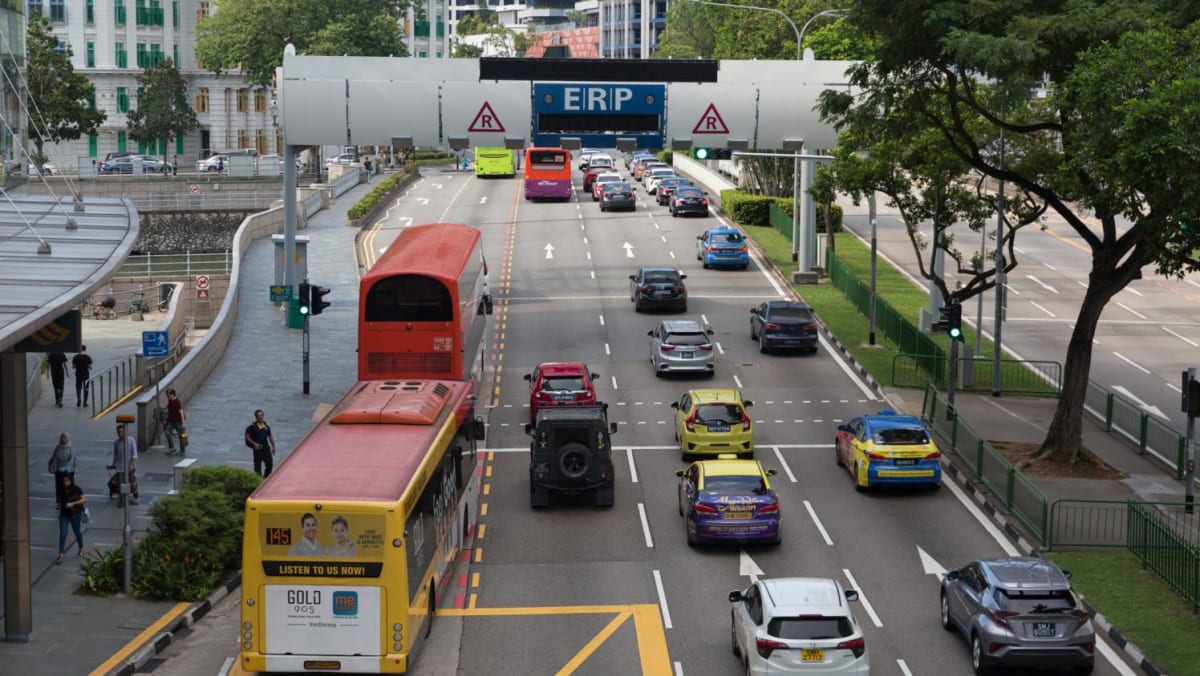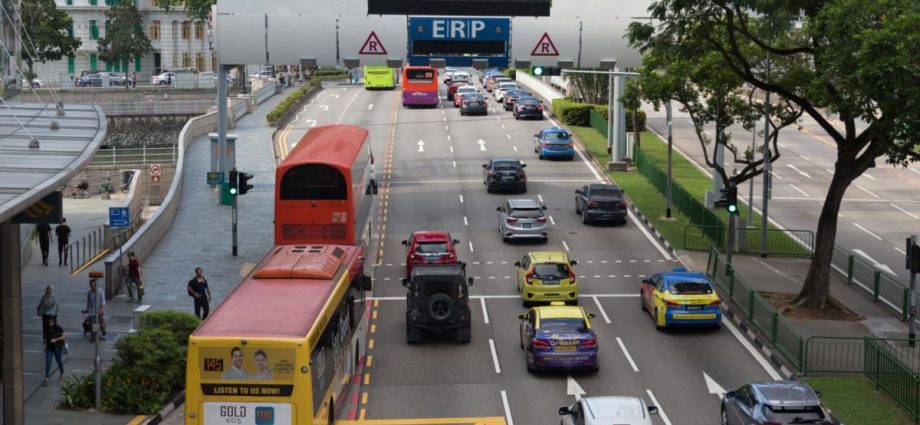
COE controls car ownership in Singapore, while ERP aims to limit congestion by charging a fee to those who drive to high-traffic areas during peak hours.
If road users were charged for the distance travelled under ERP 2.0, could that be a viable alternative to COE? How would such a system work? CNA asked the experts.
LIFE WITHOUT COE
ERP 2.0 can technically replace car ownership restrictions in Singapore, but there will be knock-on effects on parking and congestion, experts said.
First off, congestion would be much worse, said Associate Professor Raymond Ong of the National University of Singapore (NUS). This is especially as ERP prices may not increase much initially due to resistance from the public.
Associate Professor Walter Theseira, who teaches economics at the Singapore University of Social Sciences (SUSS), said other costs associated with driving would rise if buyers no longer need to get a COE.
“Such a system would likely require much more extensive ERP charges throughout Singapore, as well as substantially higher charges to control congestion,” he said, pointing to London’s congestion charge of £15 (S$25) a day.
By comparison, the most expensive ERP charge at a single gantry in Singapore is S$6.
In theory, the new ERP system means the authorities can dynamically change the price being charged and where the virtual “gantries” are, said Dr Terence Fan, an assistant professor of strategy and entrepreneurship at Singapore Management University.
A virtual gantry could be set up overnight just by changing something in the system, he said. “When we go through that particular point, even though there’s nothing there, automatically the drivers will be charged.”
He gave the example of traffic jams along Orchard Road during the year-end season when Christmas lights are on display.
“They can dynamically adjust the gantry and say well, they’re going to start by charging S$40 to enter, or even S$100 to deter people from going into it,” said Asst Prof Fan. But he added that road users would want advance notice of such changes.
LACK OF PARKING FACILITIES
Another problem is the lack of parking space if Singapore’s car population increases in response to the removal of the COE system, said Assoc Prof Theseira.
Some Housing and Development Board (HDB) flats and private residential estates are “already straining at the seams with insufficient car park provision”, he said.
“It’s likely that implicit controls on vehicle ownership would simply shift to parking controls instead.”

